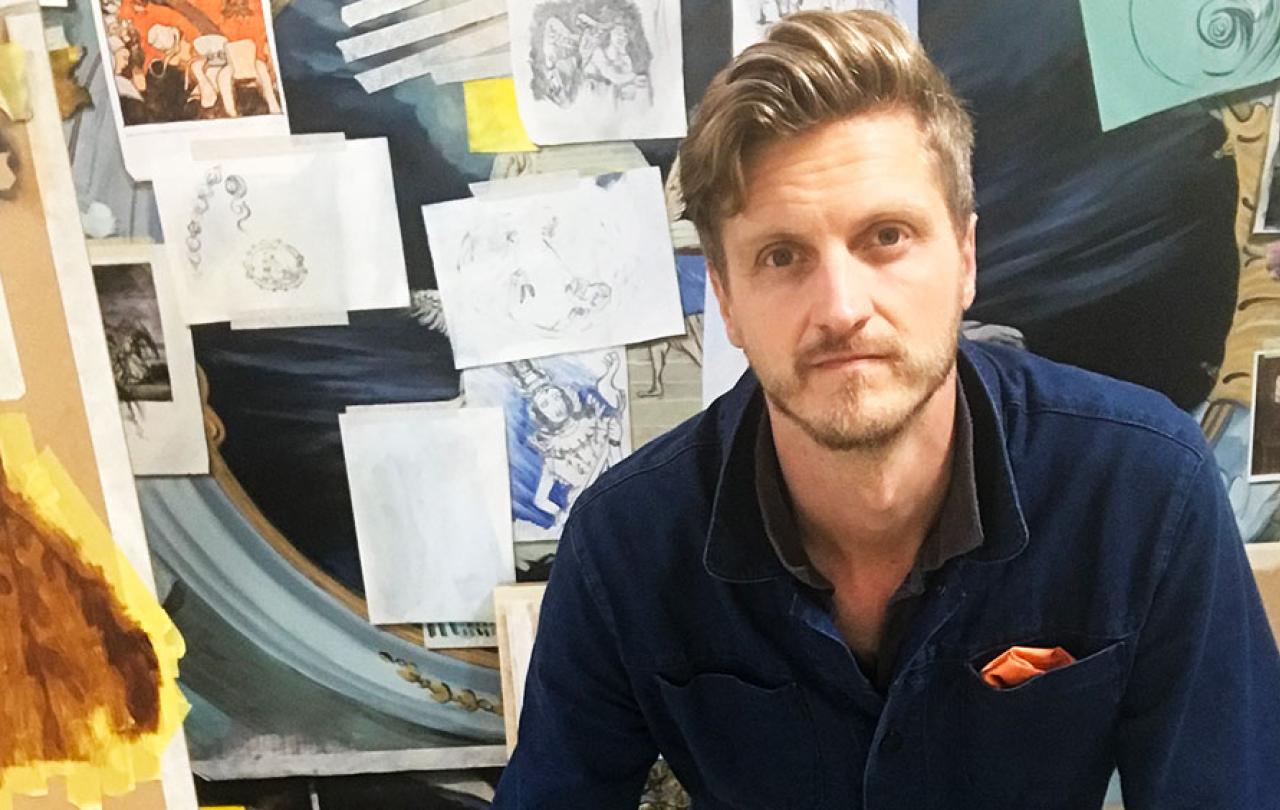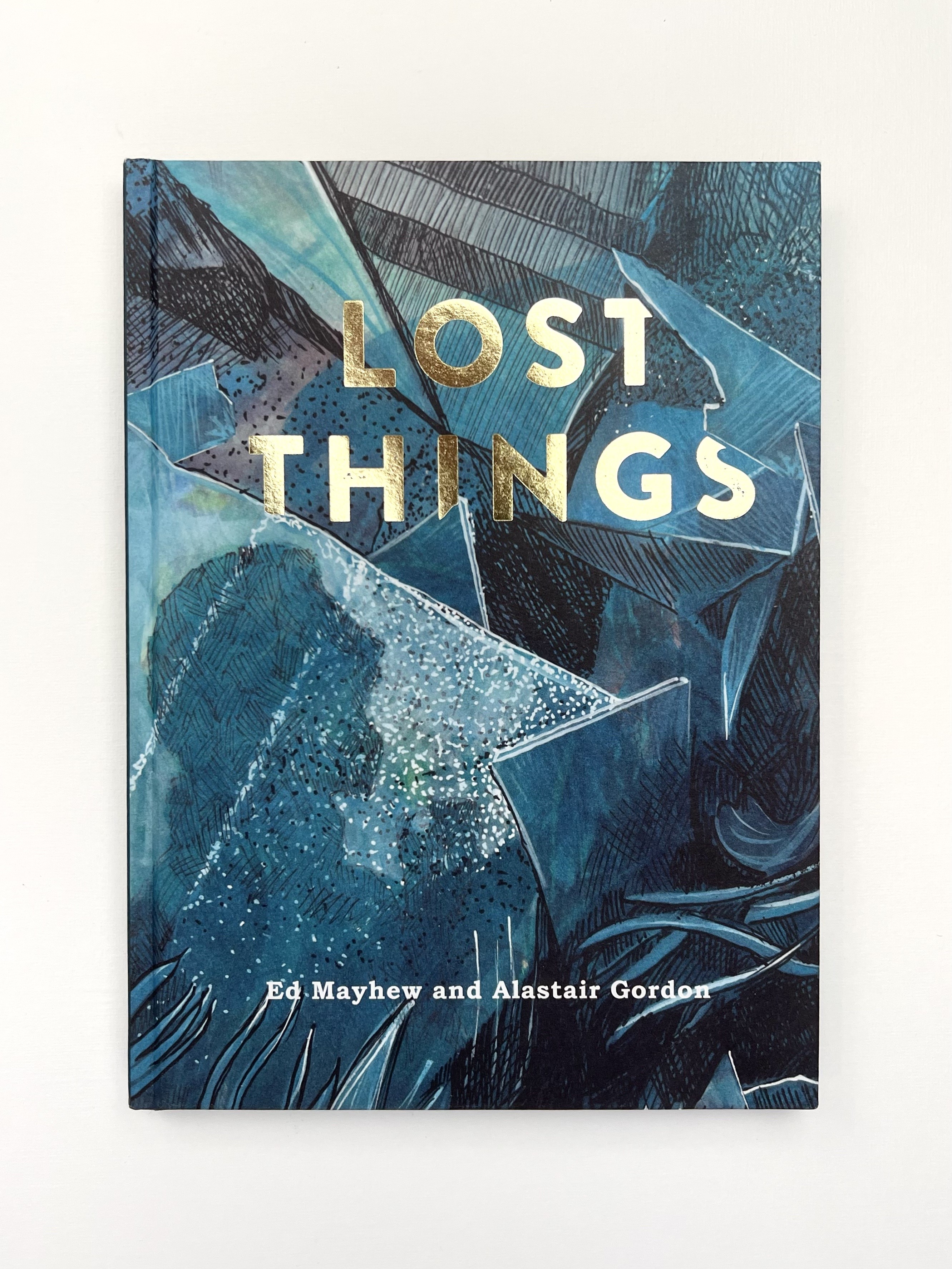
When Scotland’s then first minister, Nicola Sturgeon, unexpectedly announced her resignation in February, Kate Forbes was on maternity leave from her job as Scotland’s finance secretary. As such, Forbes, a committed Christian, had not made any public statements about politics in six months.
Yet, reflecting on the campaign earlier this month, Forbes recalled how social and mainstream media were immediately “awash” with comments about why her religious convictions made her unfit to succeed Sturgeon. The controversy, much of it centred on Forbes’ membership of the small, theologically conservative Free Church of Scotland, continued throughout the subsequent election campaign. Most involved her stance on gay marriage and Scotland’s gender recognition legislation.
Forbes discussed the campaign in an interview in her small office in the Scottish parliament building in Edinburgh – one of her first since the often fractious campaign. Forbes secured an unexpectedly strong 47.9 per cent of the vote after the elimination of the third-placed candidate, Ash Regan, and the redistribution of her second-preference votes. She now sits as a backbench Member of the Scottish Parliament (MSP) for Skye, Lochaber and Badenoch. Forbes rejected an offer from Humza Yousaf, the victor, the clear choice of the party establishment, of a cabinet job far more junior than her previous role.
She started the discussion by challenging the idea – which she thought motivated some criticisms she faced - that atheists, agnostics and other non-believers were neutrals on questions of religious conviction. It was one of many points where Forbes used her experience to paint a picture of a public life where issues of faith and faithful people were increasingly marginalised and misunderstood.
“Nobody is neutral. There’s this perception, which is flawed, that there are some people who are neutral and some people who have faith.”
Everyone viewed the world through a philosophical framework, Forbes went on. It was critical to ensure people were not shut out of public debate on the basis of their philosophies, she said – just as it was important to avoid excluding people for their race, sex, sexual orientation or any of the other characteristics protected in law.
Her comments explain the unusually frank approach that she took to matters of faith when asked during the campaign about her convictions – which she insists represent a “mainstream” Christian perspective on issues of personal morality.
“I think that people of faith are under immense pressure to compromise or to change their views in the public spotlight. I think we have to logically and rationally walk through how we can both believe in a personal faith which calls us to be public witnesses to that faith and at the same time serve those with other faiths or no faith.”
Forbes, now 33 and first elected in 2016, has said that she would have voted against gay marriage if she had been a Member of the Scottish Parliament (MSP) in 2014 when the Scottish parliament voted to introduce the measure. However, she has insisted that, with the provision now on the statute books, she will defend it.
“By and large, I absolutely believe in… freedom of choice, freedom of belief and of expression. I don’t believe my views should be imposed on other people.”
Forbes nevertheless argued that there were issues of conscience where politicians should be allowed to make choices free from the normal party-political considerations. Forbes was on maternity leave in December when the gender recognition legislation came before parliament. The SNP denied its MSPs a free vote on the measure – a decision with which Forbes disagreed. The vote split all the main parties in the parliament.
Little of the commentary during the leadership election captured the nuances of her positions.
“The vote on marriage in 2014 was deemed to be a vote of conscience. My party has always held that issues around abortion should be votes of conscience. So, I think it’s possible to both believe that you legislate on behalf of everyone and treat everyone equally and make space for some votes of conscience, which are a consequence of strongly held views and convictions.”
Forbes added that “without a shadow of a doubt” MSPs should be given a free vote on one forthcoming piece of legislation - the Assisted Dying for Terminally Ill Adults (Scotland) Bill. The bill, likely to come before parliament in the next few months, would allow terminally ill people over the age of 16 to ask for help in dying.
“Matters of life and death are hugely important, hugely personal but have big public implications. You might think that’s a tension. But I have always been able to accommodate that tension.”
There had never been any suggestion that Forbes’ faith led her to exclude any group from receiving funds when she was finance secretary, she added.
“Of course, it did inform my care and concern for those in poverty, for those who are under-represented in society, for those who need more help than others,” she said.
As her office filled with the noise of children enjoying their lunch break at the neighbouring Royal Mile Primary School, Forbes mostly sounded relaxed when talking about the leadership campaign. But she insisted she had felt subject to disproportionate scrutiny, particularly pointing to a leadership debate staged by Channel 4 which included a segment on “faith in politics”.
“If you watch that clip, it’s basically the interrogation of Kate Forbes. There are very few questions put to the other candidates.”
The imbalance, she said, rested on the false assumption that Yousaf, a practising Muslim, and Regan, who has no religion, took essentially neutral positions on faith questions. She said, however, that she had won support from many people of faith because of her willingness to speak openly.
“I can remember one imam saying to me, ‘It’s given us hope to see you being true and authentic to your faith even when it’s difficult’,” Forbes recalled.
Forbes, who grew up partly in India where her parents were missionaries, recalled how living through the Gujarat earthquake of 2001, when she was 10, helped to bring her to her own faith. The earthquake is estimated to have killed between around 14,000 and 20,000 people.
“It was coming face to face with the realities of life and the realities of death that I started my own faith journey,”
Forbes became noticeably more animated when talking about the nature of her personal faith than at other times, when she sounded far more guarded.
Her faith was not “a hobby like knitting or playing the guitar”, she added.
“It’s a truth that compels me to be loving and caring and be willing to sacrifice my own life.”
For the moment, however, the questions facing Forbes are more humdrum. Forbes gave her interview before Yousaf warned MSPs to back Sturgeon, the former first minister, following her arrest in June on suspicion of fraud in an inquiry over the SNP’s finances. Sturgeon, who was released without charge, has vigorously denied any wrongdoing.
Peter Murrell, Sturgeon’s husband, the former SNP chief executive, the first person arrested, and Colin Beattie, the party’s former treasurer, have also been released without charge. Both also deny any wrongdoing.
Forbes accepted the arrests had been a “huge shock”.
“I said after the second arrest… that integrity should characterise everything we do – and not just the substance of integrity but the perception.”
She also accepted there were limits to the areas where faith could guide her thinking.
She declined to say whether Jesus would prefer Scotland to be independent or remain part of the union.
“There’s no 11th commandment that decrees whether or not Scotland should in the union. I think what [God] cares about really is the values by which we live. So, you’re going to get no answer from me on that.”
She sounded still less certain, meanwhile, about where her future career path would lead.
She would continue as an MSP “for the foreseeable future”, she said.
But she went on: “The honest answer is that I don’t know what to do next.”
She had previously said it was “highly, highly unlikely” she would ever stand to be leader again, she added.
“I still hold to that position,” she said, adding that she had family and constituency commitments.
She added, nevertheless, that a sense of sacrificial calling was “ingrained” in her by her parents’ decision to leave Scotland in their 20s to serve a marginalised, impoverished community in India.
“I wait to see, really, what I can and should do next.”







